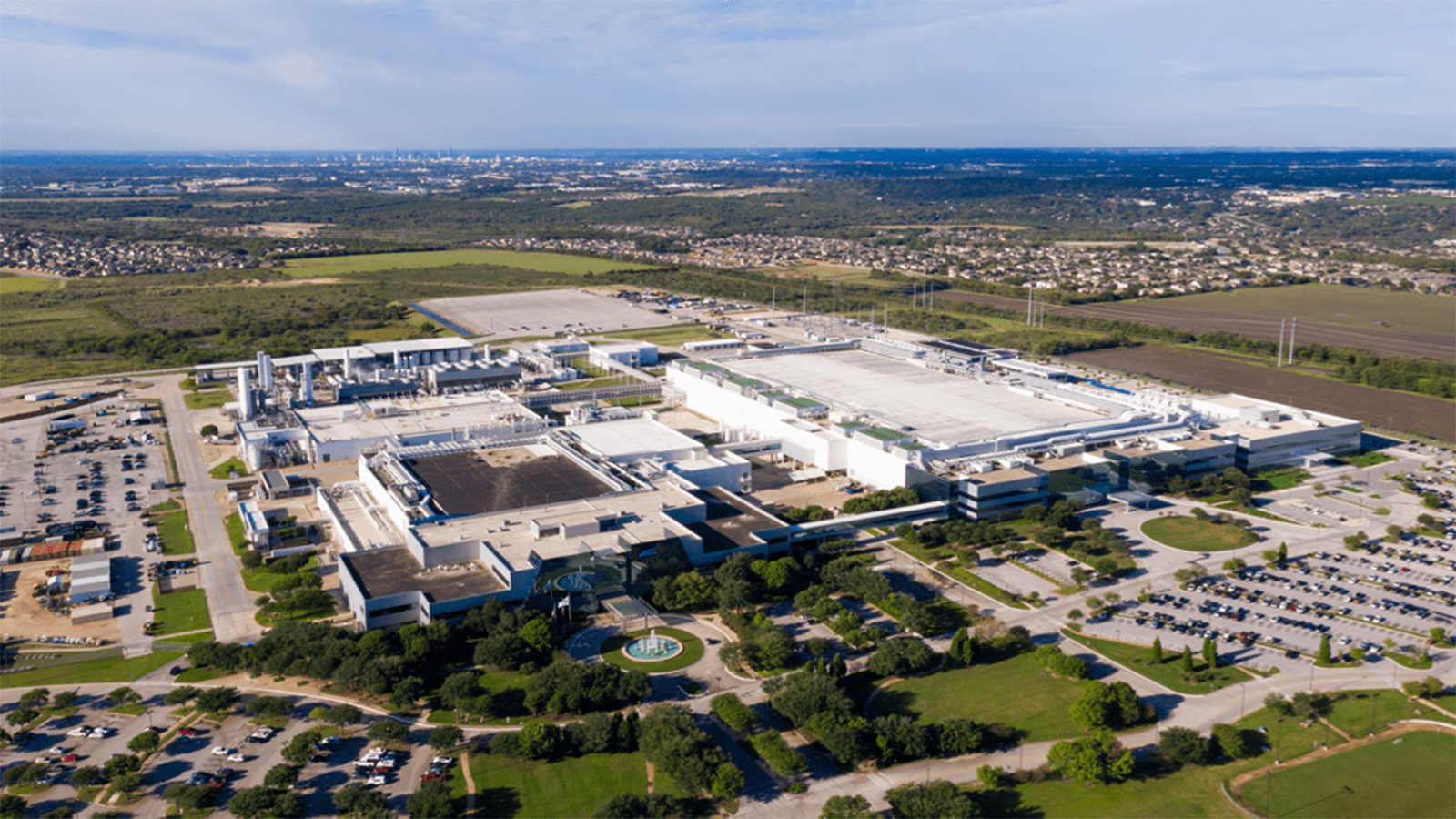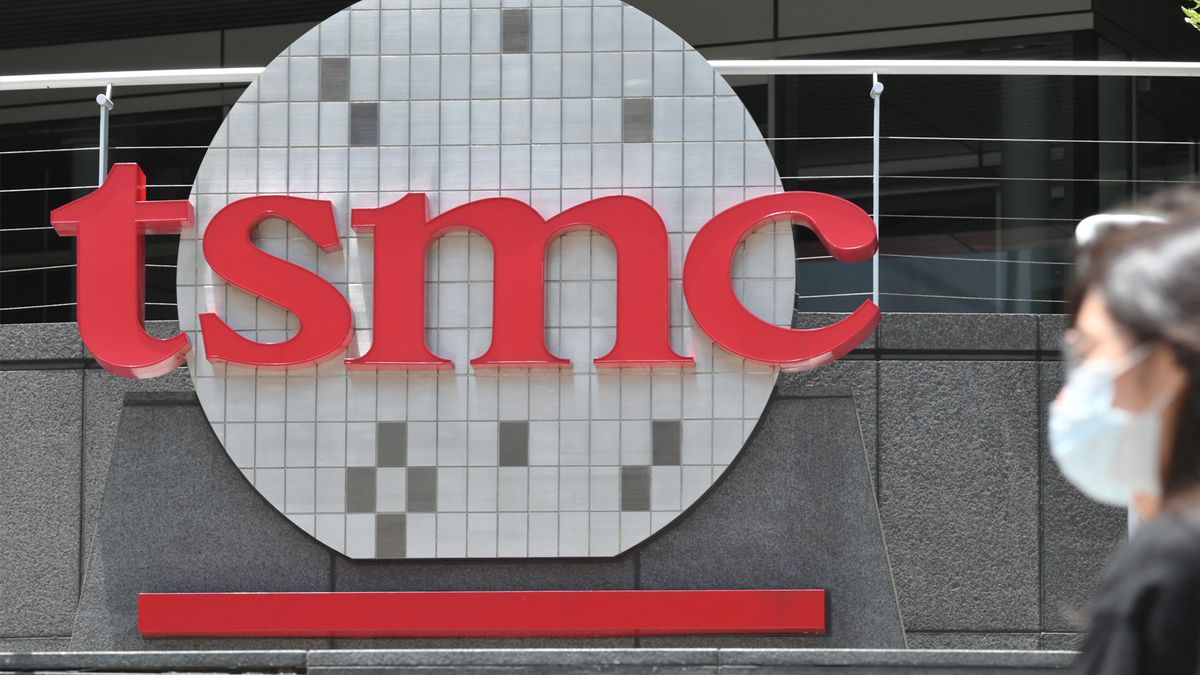Samsung is reportedly delaying the launch of its Taylor, Texas, fab, citing difficulties in securing customers for its output. Sources told Nikkei Asia that even if the South Korean chipmaker brings in the necessary equipment to produce chips at the new plant, the company cannot do anything with them due to the lack of demand. Aside from that, the original planned process node for the Taylor plant is no longer aligned with current demand, highlighting the rapid pace of semiconductor technology.
The chip maker started construction on the Taylor fab in 2022, with an initial investment of $17 billion. By 2024, the company decided to double this to $44 billion, with the addition of another advanced fab and expanded R&D operations. This move is supported by a $6.6-billion CHIPS Act subsidy, which was finalized in December last year, despite multiple delays and setbacks.
Samsung C&T, the primary contractor for the Taylor fab, states that construction of the site is progressing. Documents from the company show that the site is almost 92% complete as of March 2024. Work on the site was originally scheduled to finish the following month, but regulatory filings indicate that this was moved to October.
Lack of demand drive delay
No reason was given for the delay, but multiple sources indicate that it occurred due to a lack of demand. It was initially planned for the Taylor Fab to produce chips for the 4nm process node, but this has since been upgraded to 2nm, to compete with TSMC and Intel.
A supply chain executive told the publication that there is little demand for the originally planned 4nm process node at the site. "Local demand for chips isn't particularly strong, and the process nodes Samsung planned several years ago no longer meet with current customer needs," the executive said to Nikkei Asia. "However, overhauling the plant would be a major and costly undertaking, so the company is adopting a wait-and-see approach for now." Although it has already declared its intention to upgrade the site to manufacture the 2nm process node, that is a resource-intensive task in terms of time, effort, and money.
This is in stark contrast to TSMC, which now manufactures the 4nm process node at Fab 21 in Arizona for U.S.-based customers like Apple, AMD, Broadcom, Nvidia, and Qualcomm. And, despite being priced higher than chips made in other sites outside North America, its capacity is already sold out through 2027.
The Taiwanese chip maker currently holds the number one spot in global contract chip manufacturing, with a market share of nearly 68%. On the other hand, Samsung comes in second place with 7.7%, according to Trendforce.
Setup challenges
Samsung has already been operating a mature-node fab in Austin, Texas, since 1996. Despite that, the Taylor Fab shows the challenges that a chip maker faces when setting up shop at a new location. Aside from needing to build the facility, the company must also build a new supply chain, recruit skilled labor, and find buyers for the fab’s output.
However, most importantly, the next phase of setup, named equipping, has astronomical costs attached to it. Extreme Ultraviolet (EUV) Lithography machines, which print circuit patterns onto silicon wafers, are extremely temperamental and require careful setup. This is in addition to other processes, such as etching, deposition, and many more complex and delicate processes required for Samsung's goal of achieving a 2nm process node fabrication at the site.
The costs associated with the equipping phase are large, with some of TSMC's astronomical $42 billion investment into expansion dedicated solely toward the purpose of equipping several facilities.
Furthermore, Samsung's chip-making arm is reportedly struggling with yield, resulting in the recall of several key personnel from the site. Because of this, there’s only a limited number on site at the Samsung plant as it’s continually refining its advanced process nodes.
Global headwinds
The company is facing more than just yield issues, though. Recent geopolitical changes have thrown a wrench in the global expansion of several semiconductor manufacturers, including TSMC and Samsung. Despite resilient growth in AI and data center markets, demand for consumer goods and commodities remains subdued.
"Although yields have since improved, U.S. restrictions on high-end chip production for China have further weighed on the company, keeping its capacity utilization below the industry average," Trendforce analyst Joanne Chiao said to Nikkei Asia.
President Trump’s announcement of far-reaching tariffs has caused widespread uncertainty, but it has greatly impacted consumer electronics and automobiles — key sectors that order the most chips. The Chinese market is continuously growing despite that, but the ongoing trade war between the East and the West is making it difficult, if not impossible, for Samsung to deliver to customers in the country.
Moreover, Beijing’s realization that its dependence on Western companies for its chip needs has led it to push for semiconductor self-sufficiency. Even though it still lags behind the U.S. in cutting-edge chips, the Chinese government’s policies are resulting in the arrival of several new players that might make it the biggest provider of chip-making capacity by 2030.
Pushing forward
Despite these factors, Samsung says that it will proceed with the opening of the Taylor Fab by 2026. Nikkei Asia says that the company did not give a specific timeline for the opening of its factory, nor did it comment about equipment installation or the lack of customers. Nevertheless, it makes sense for the company to have the fab up and running, especially as it needs to have the plant operational for it to receive its CHIPS Act funds.
Even though it might not have clients for the Taylor Fab at the moment, the company can only delay its opening for so long. If it doesn’t push through with operating the fab, it risks falling behind rival TSMC and wasting billions of dollars already invested in the site.
Follow Tom's Hardware on Google News to get our up-to-date news, analysis, and reviews in your feeds. Make sure to click the Follow button.

 4 months ago
93
4 months ago
93






 English (US) ·
English (US) ·